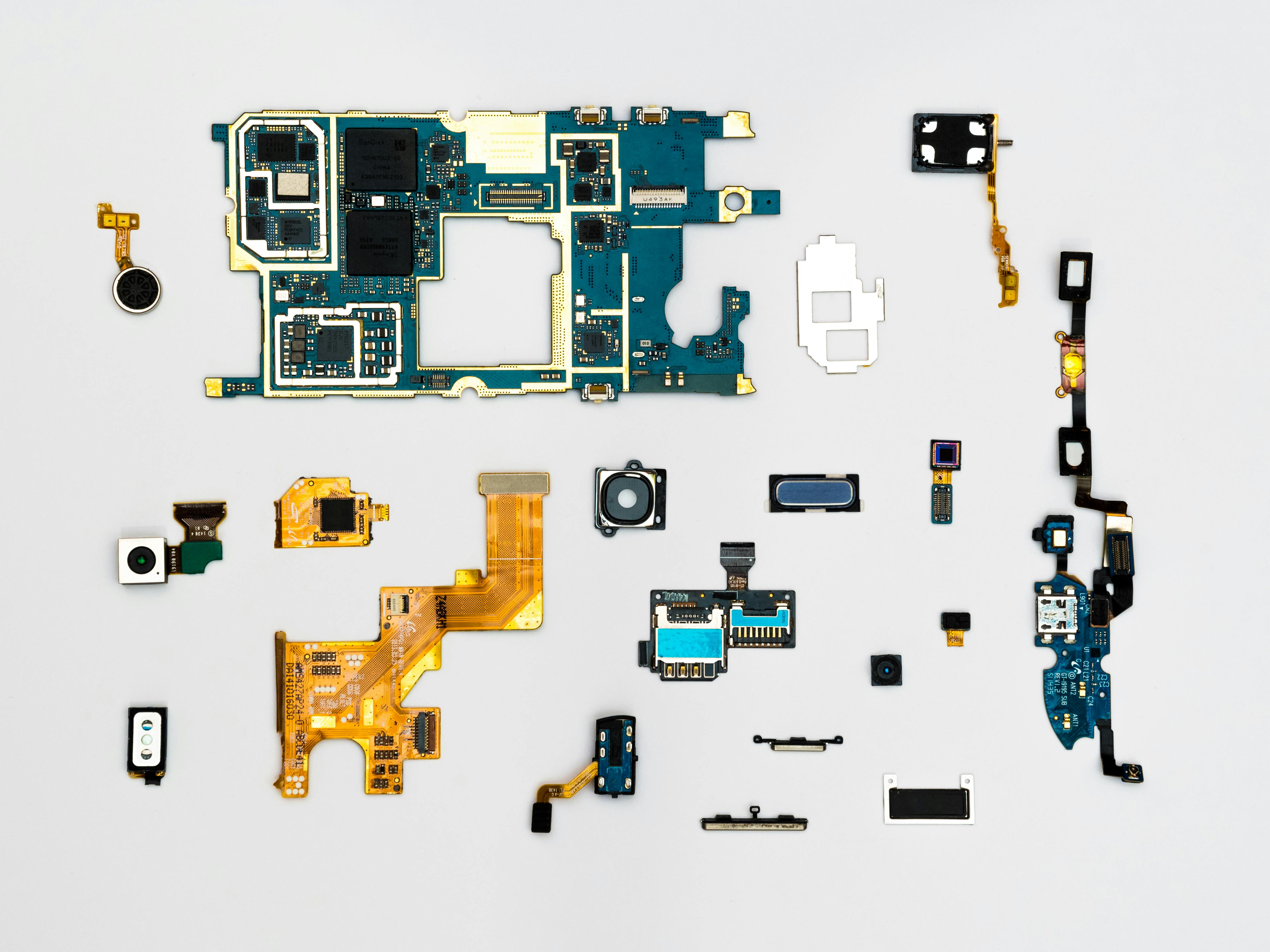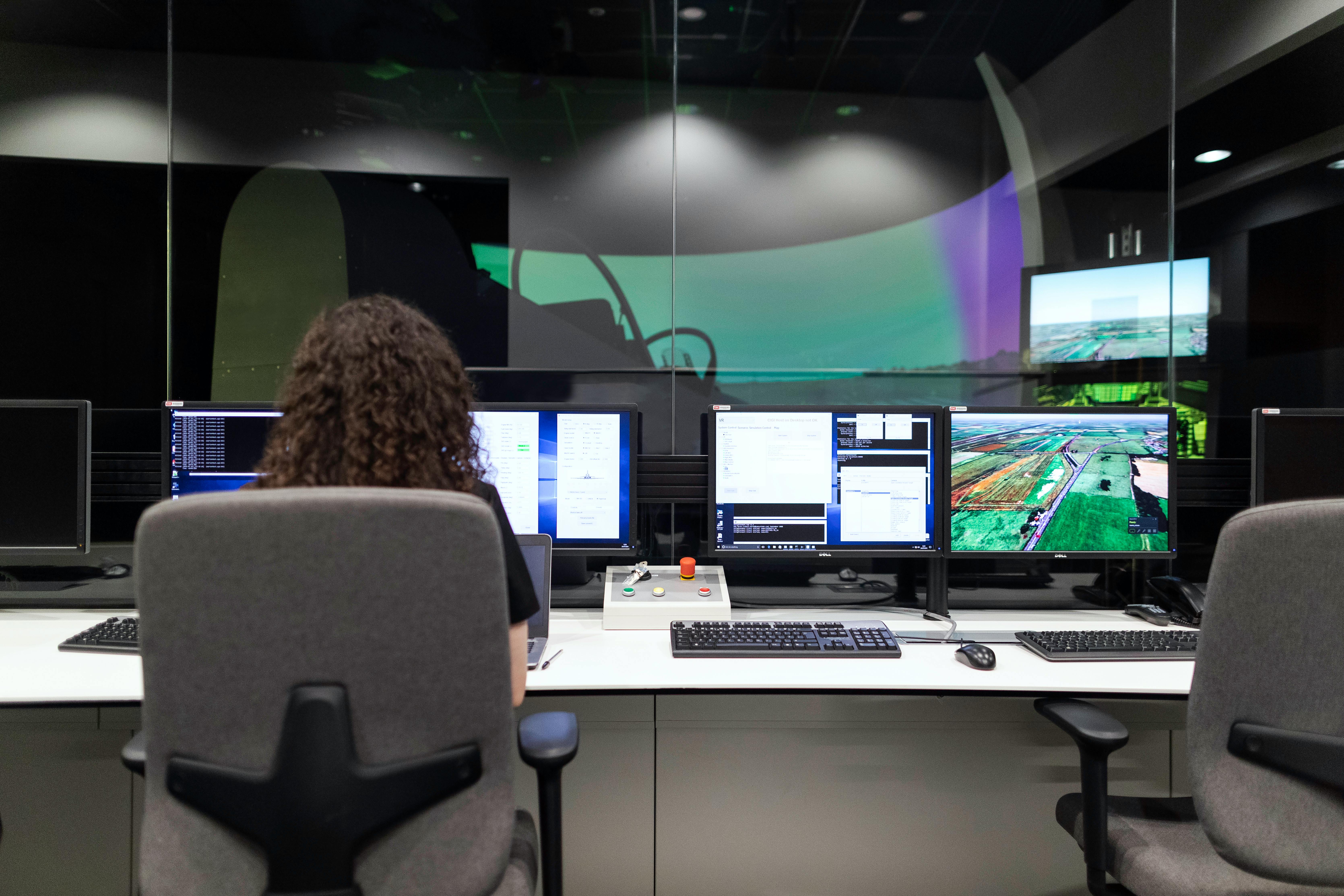“Technical Preparation for Online Job Interviews”

Preparing for the New Normal
The keyword “technical preparation for online job interviews” has become increasingly significant in today’s job market. As remote work and virtual meetings have grown in popularity, mastering the art of the online job interview is now essential for job seekers. Although these interviews can initially seem daunting, a few simple strategies can help you navigate them successfully.
Importance of Online Job Interviews
Online job interviews have become a critical step in the hiring process, especially since the COVID-19 pandemic. Many companies now prefer virtual interviews due to their efficiency and cost-effectiveness. Understanding the critical differences between virtual and in-person interviews is the first step in preparing for success.
Differences Between Online and In-Person Interviews
While traditional face-to-face interviews offer personal connections and non-verbal cues, virtual interviews can lack these elements, making them more challenging. Technical issues such as connectivity problems can also add stress. However, with proper preparation, you can overcome these obstacles and present yourself effectively.
Technical Preparation Steps
Getting Familiar with the Technology
One of the first steps in preparing for an online job interview is familiarizing yourself with the technology involved. Whether it’s Zoom, Skype, or Microsoft Teams, make sure you know how to use the platform. Practice logging in, adjusting settings, and using essential features like screen sharing.
Ensuring a Stable Internet Connection
A stable internet connection is crucial. Test your connection beforehand and consider using a wired connection to avoid potential issues. Have a backup plan, such as using your phone’s hotspot, in case your primary connection fails.
Testing Your Equipment
Ensure your camera, microphone, and speakers are working correctly. Conduct a test call with a friend or family member to check for any issues. Update your device drivers if necessary and ensure your equipment is in good condition.
Creating the Ideal Interview Environment
Lighting and Background
Choose a well-lit area where your face is clearly visible. Natural light is best, but if that’s not an option, use a ring light or desk lamp. Your background should be clean and professional. Avoid clutter and distractions, and consider using a neutral or office-like setting.
Minimizing Distractions
Select a quiet room where you won’t be interrupted. Inform others in your household of your interview schedule to avoid disturbances. Turn off notifications on your devices to keep your focus solely on the interview.
Preparing for the Interview Content
Researching the Company
Thoroughly research the company and the role you’re applying for. Understand their mission, values, and recent news. This knowledge will help you answer questions more effectively and show your genuine interest in the position.
Practicing Your Responses
Practice answering common interview questions related to your experience and the job. Conduct mock interviews with friends or family and seek their feedback. Rehearse your responses until you feel confident and natural.
Preparing Questions for the Interviewer
Prepare a few thoughtful questions to ask the interviewer. This shows your interest in the role and helps you gather important information about the company and its culture.
Conducting Yourself During the Interview
Professional Appearance
Dress professionally from head to toe, just as you would for an in-person interview. This not only shows respect but also boosts your confidence.
Maintaining Eye Contact
Look directly at the camera to simulate eye contact with the interviewer. This helps build a connection and shows your engagement in the conversation.
Clear Communication
Speak clearly and at a moderate pace. Ensure your responses are concise and relevant. If you don’t understand a question, don’t hesitate to ask for clarification.
Taking Notes
Have a notepad and pen handy to jot down important points or follow-up questions. This shows that you are attentive and organized.
Following Up After the Interview
Sending a Thank-You Email
Within 24 hours of the interview, send a thank-you email to the interviewer. Express your gratitude for the opportunity and reiterate your interest in the position. Highlight any key points from the interview to reinforce your suitability for the role.
Requesting Feedback
Regardless of the interview outcome, ask for feedback. This can provide valuable insights into your performance and areas for improvement for future interviews.
Conclusion
Successfully navigating an online job interview requires a blend of technical preparation and traditional interview skills. By familiarizing yourself with the technology, creating a professional environment, and preparing thoroughly for the interview content, you can make a lasting impression. Remember, confidence and preparation are key. With these tips, you’ll be well on your way to acing your next virtual interview. Good luck!



